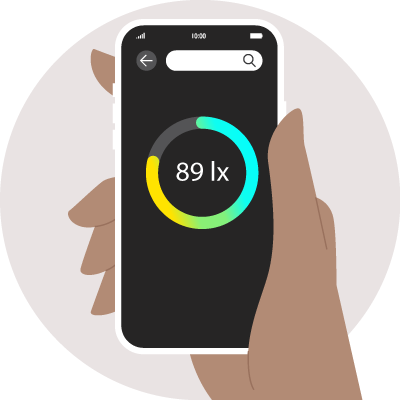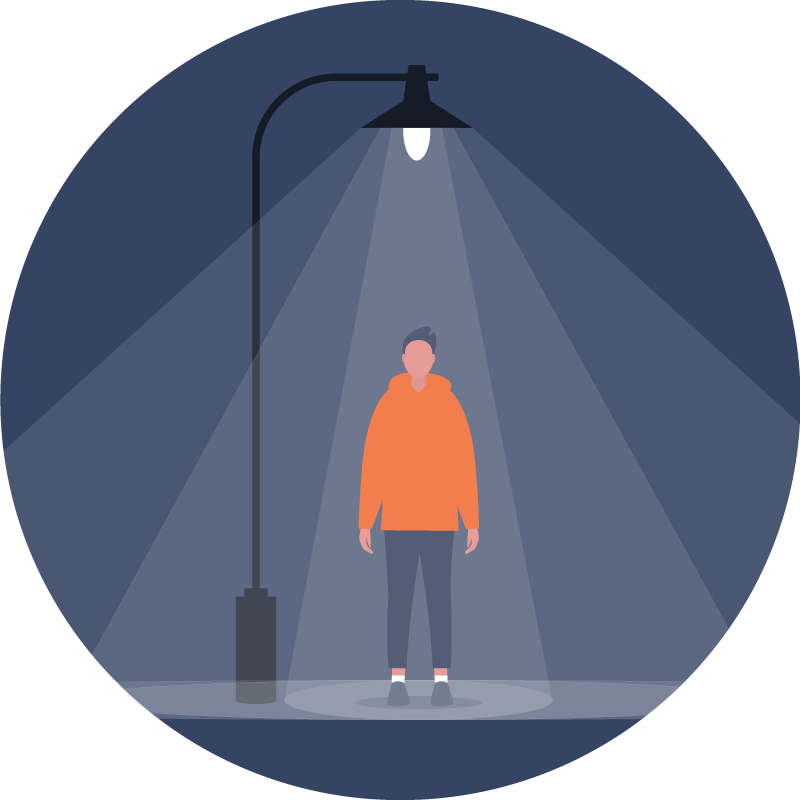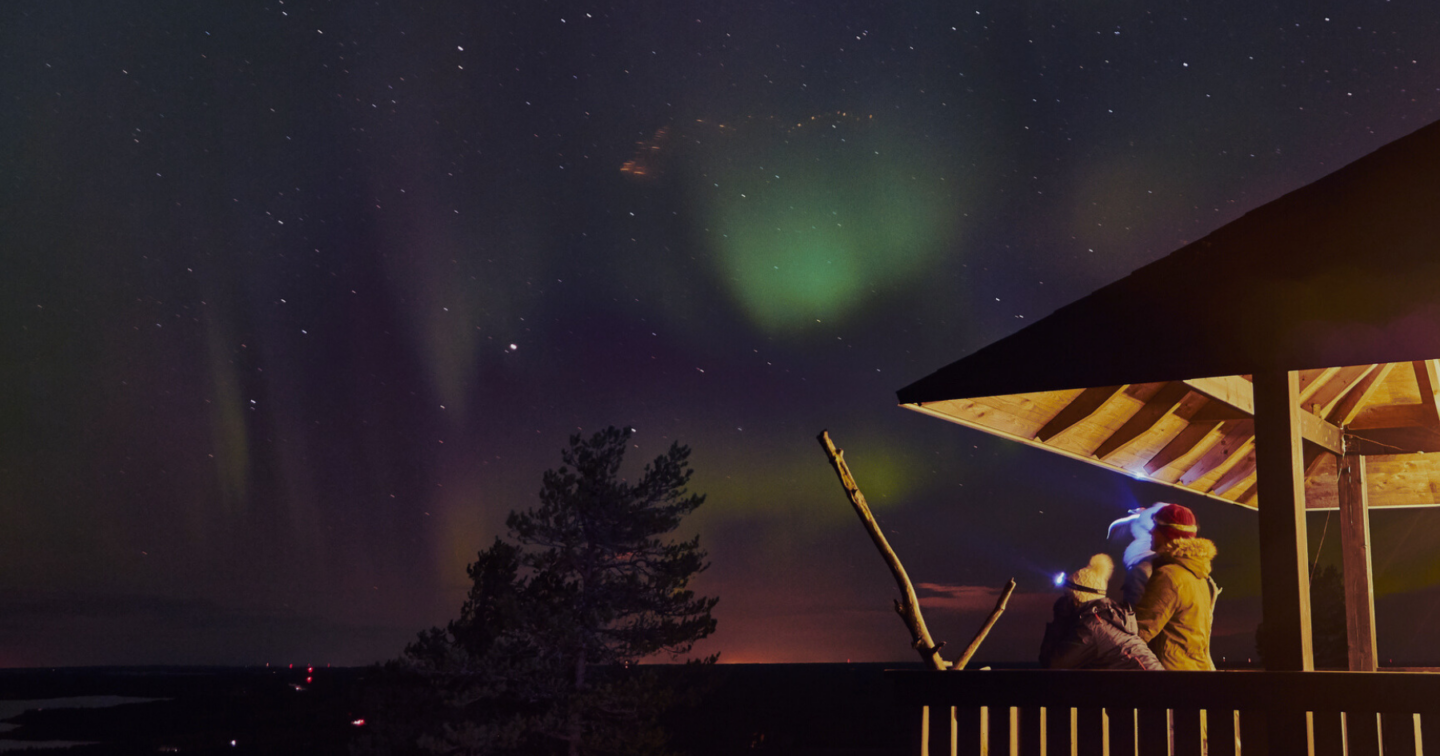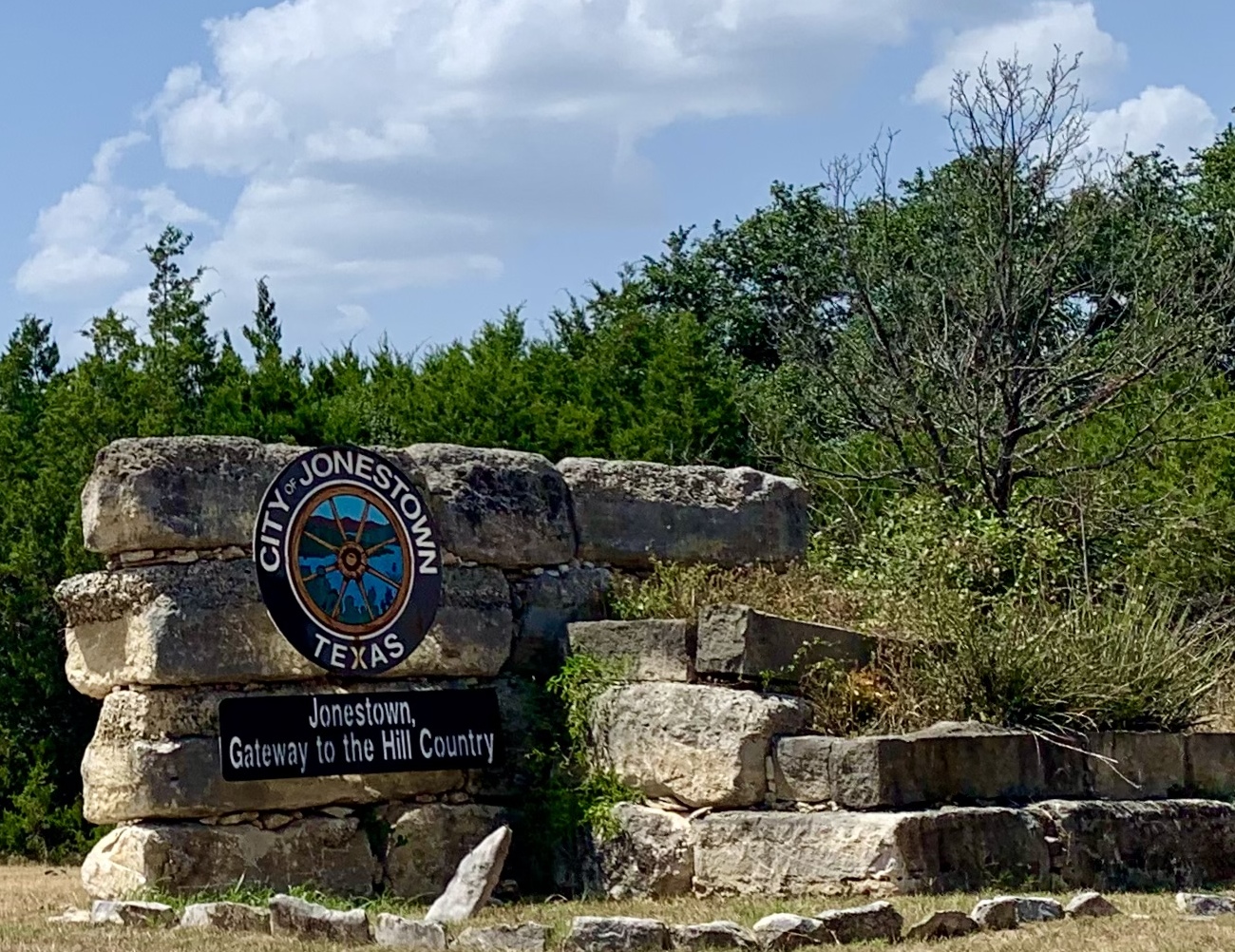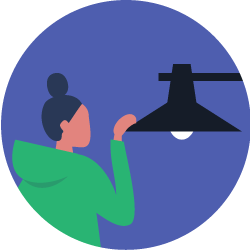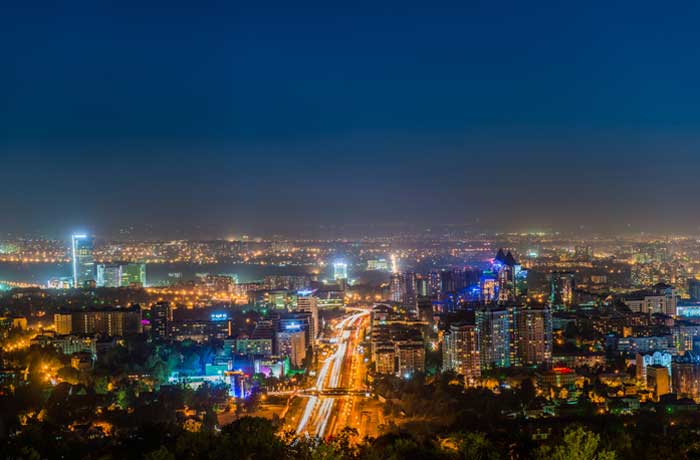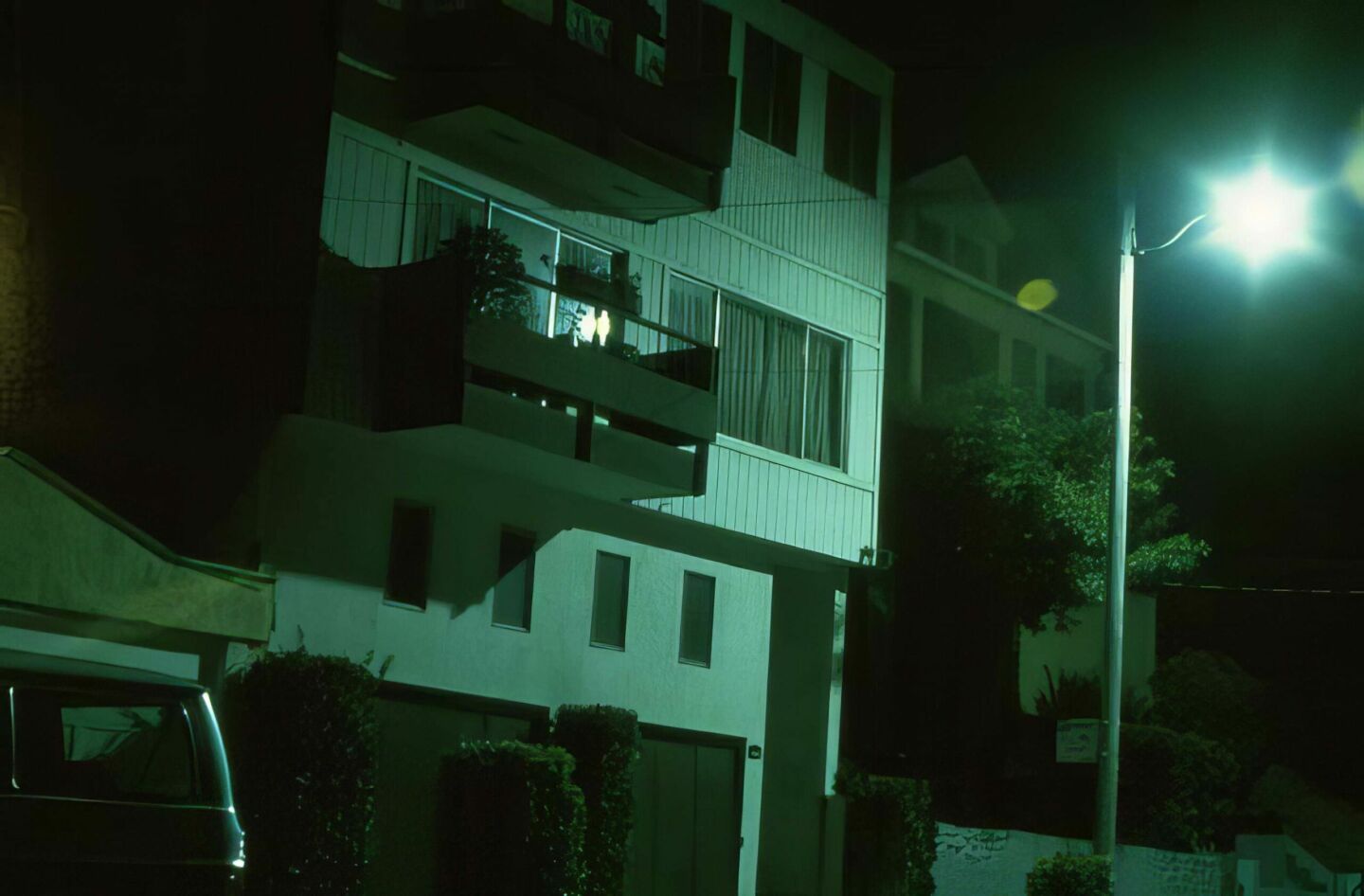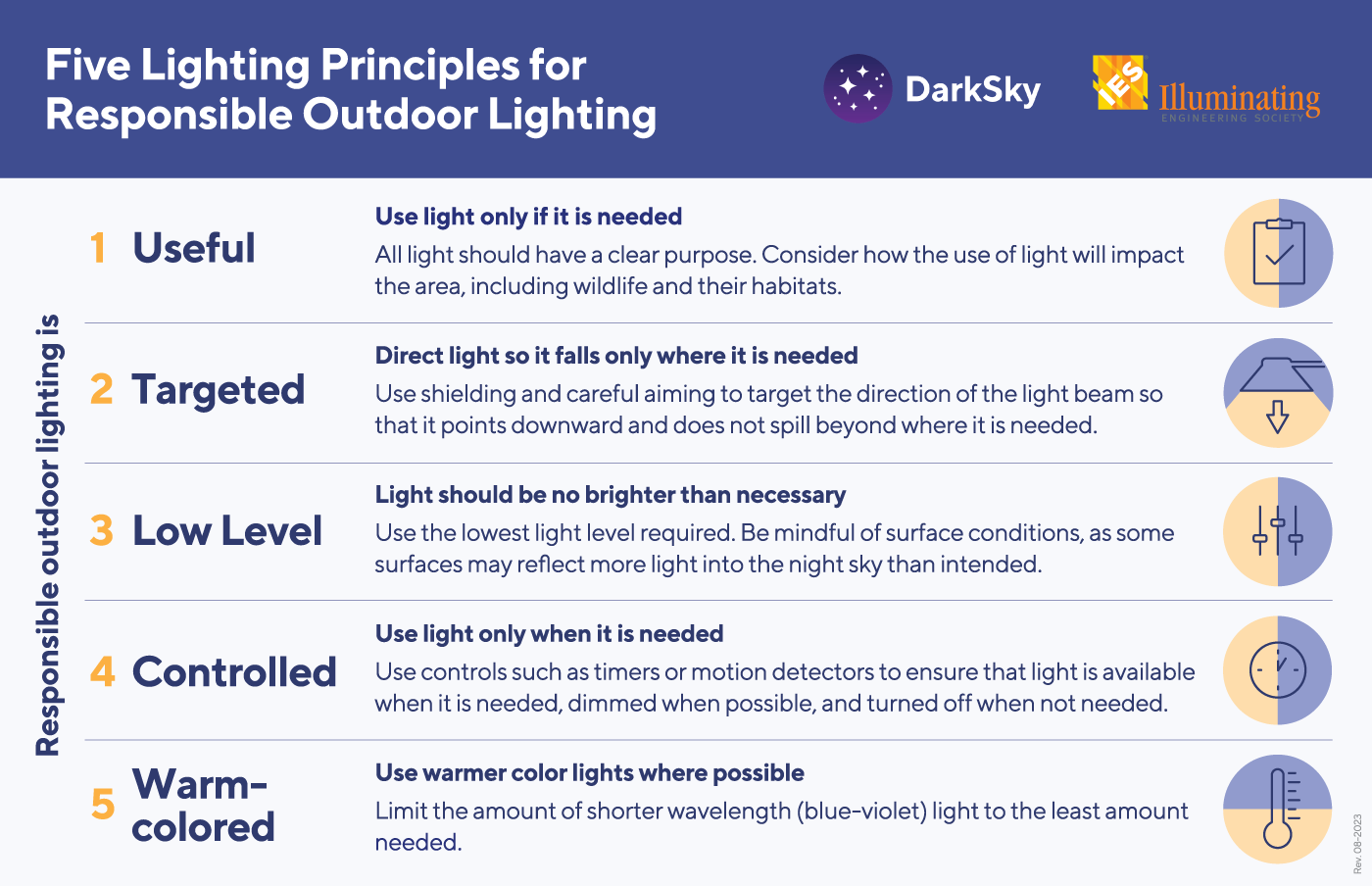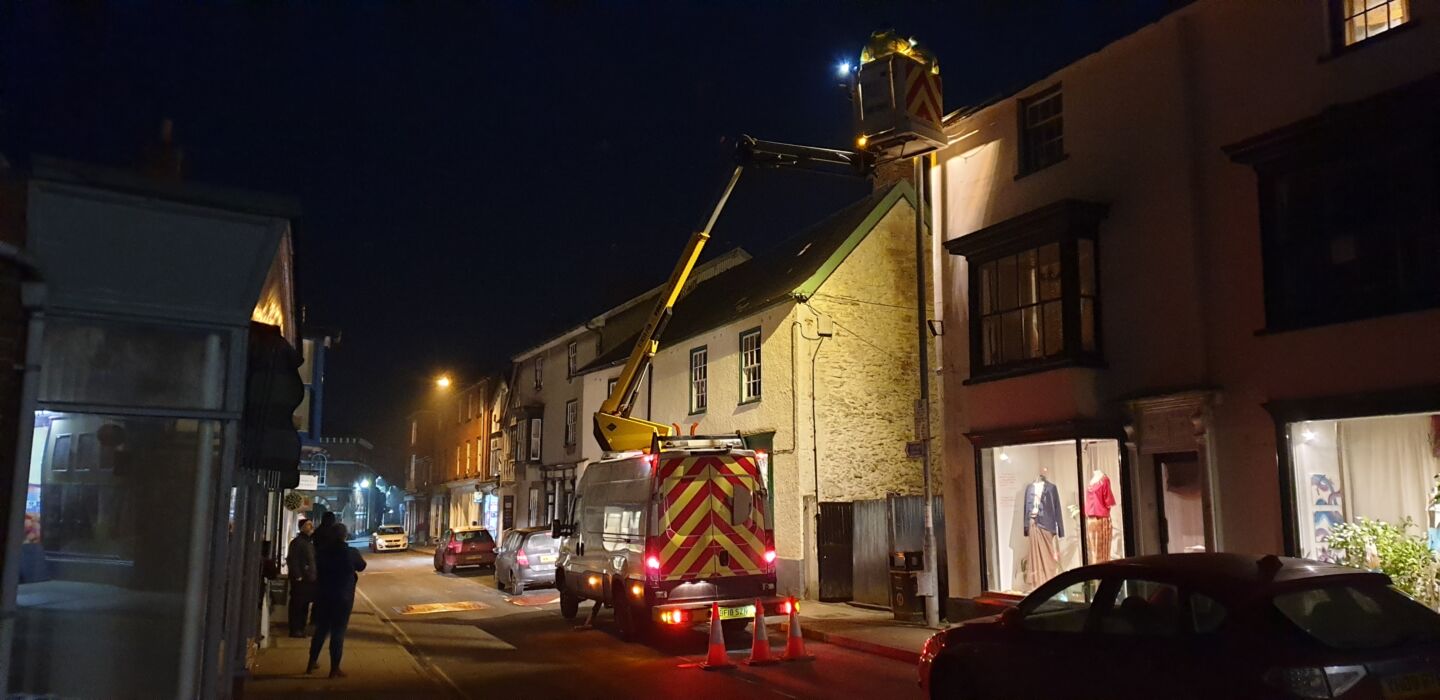
Street lighting
Streetlights can cause light trespass — light that falls where it’s not intended, wanted, or needed.
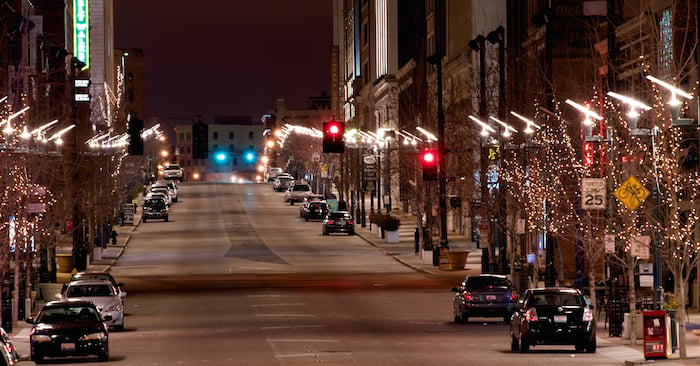
Street lighting serves a very specific purpose in communities — to light the street for automobile and pedestrian safety. Sometimes, however, streetlights are poorly designed or installed incorrectly and end up shining light onto your property or through a window of your home. This is known as light trespass — light that falls where it’s not intended, wanted, or needed.
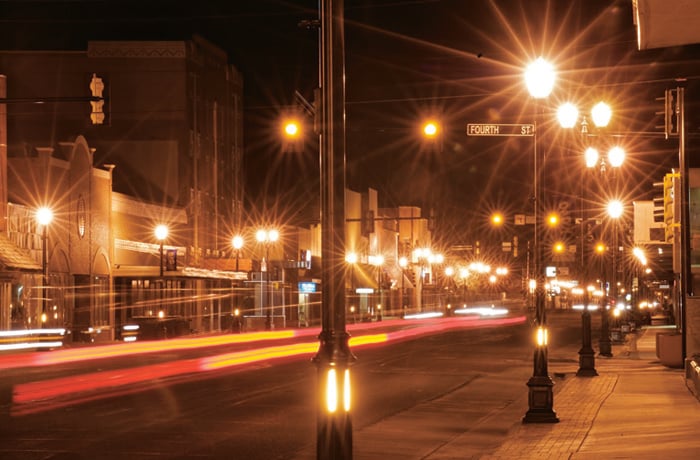
Is it streetlights or my neighbor’s lights?
If you are experiencing light trespass that’s keeping you up at night or seems to be wasting energy or polluting the sky, first take a look and see where the light is coming from. If the offensive lighting is from a neighbor’s light fixture, see our My neighbor’s lighting page. If it’s from street lighting, read on.
Once installed, streetlights are rarely, if ever, taken out. Polite yet firm action may be your best course to help you regain your peace of mind and dark skies.
First, do your homework. Learn about the adverse effects of light pollution and light trespass, and the Five Principles for Responsible Outdoor Lighting.
Next, determine which local governmental agency is responsible for the light fixtures (usually your local municipal public works or utility department). Write to the agency to explain how your quality of life has been diminished by the streetlight(s) and request a “fully shielded” replacement or a “house-side shield” for the most offending lights.
Shields for streetlights are available from most streetlight manufacturers, although your local utility may tell you otherwise. Be persistent in your requests, and let them know you simply request that the light shining in your direction be redirected toward the ground where it belongs.
If this approach fails or your written requests go unanswered, contact your local municipal politician and request action and support for your position. But be diplomatic. Many politicians might feel proud about lighting the streets and making people feel safe, even though the evidence linking brighter lighting to less crime is inconclusive.
Finally, you could even offer to pay for the shields, but only do this as a last resort.
By tactfully and persistently making your case about the effects of light trespass on you and your property, eventually you should prevail.




